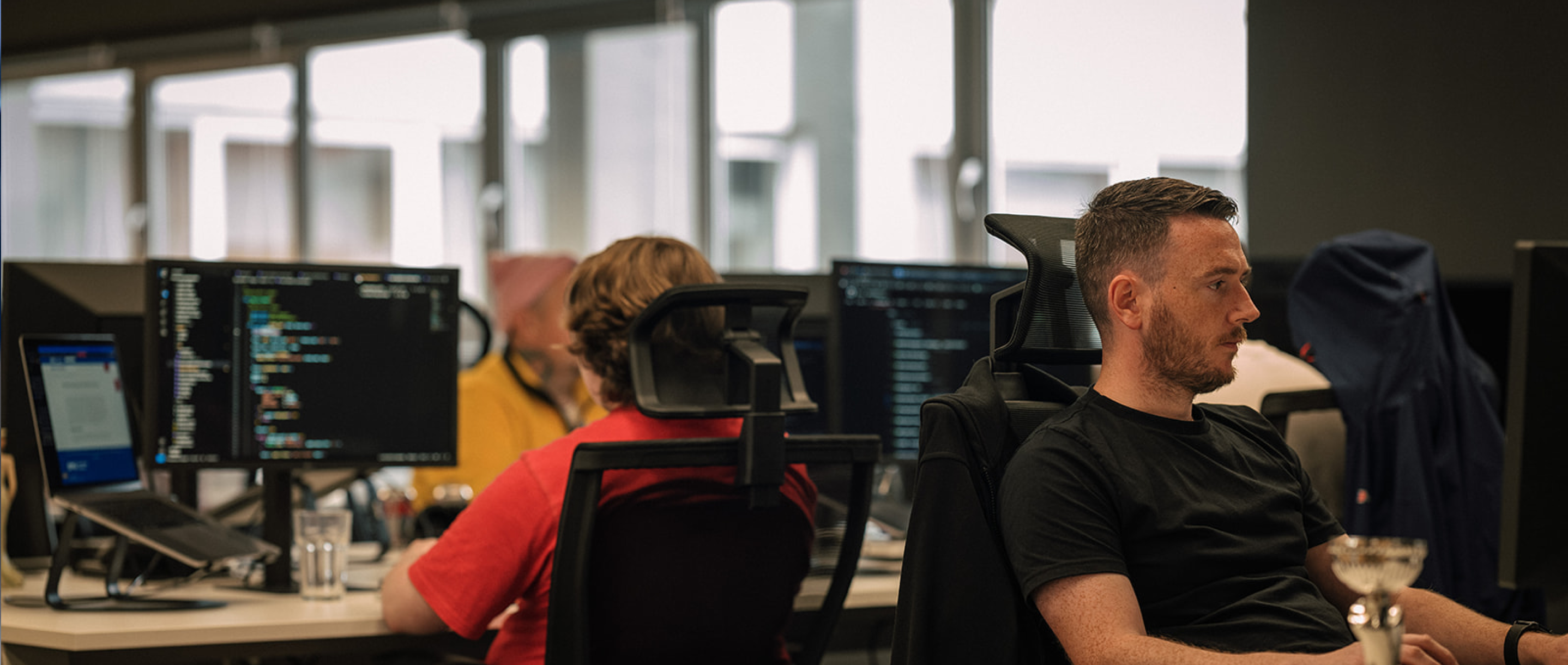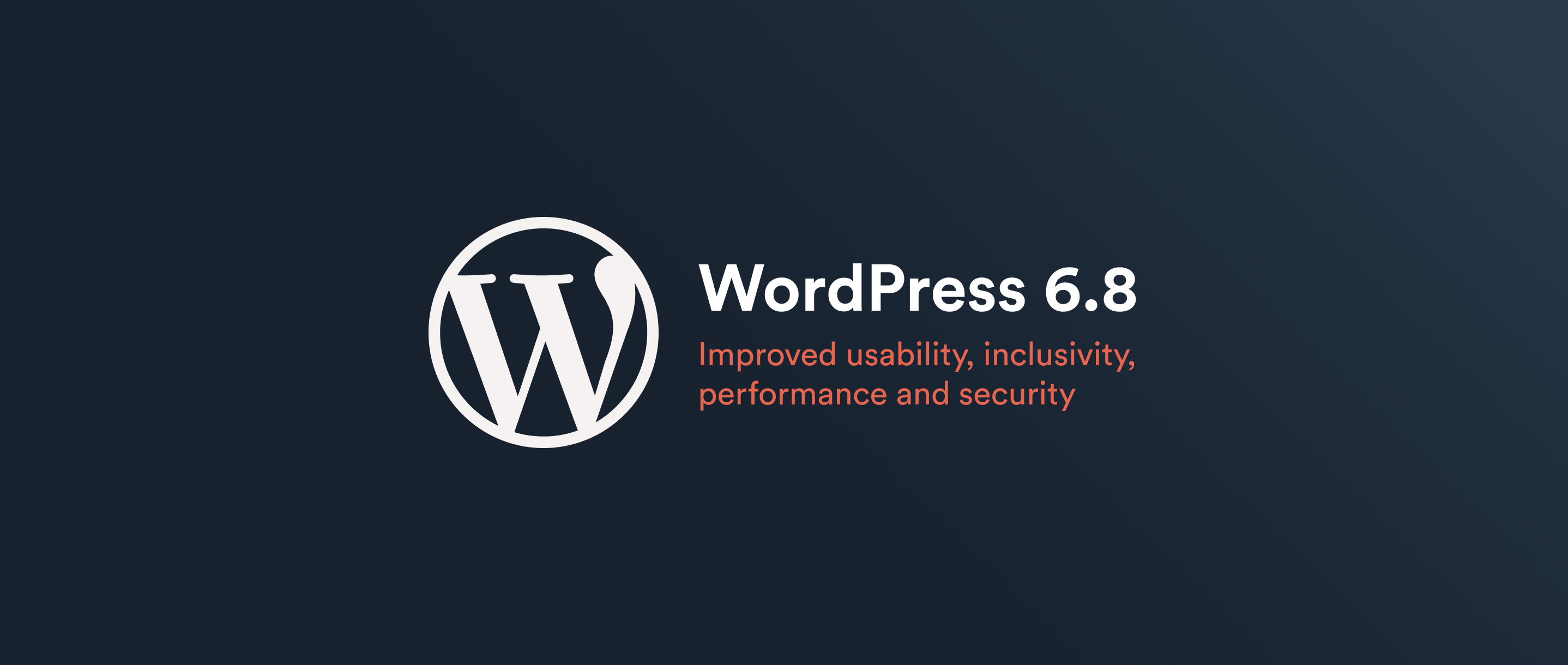Ensure your team is well equipped with the tools and knowledge to deliver an effective and long-standing website.
Are you future-proofing your content?
Ensuring your content stands the test of time is crucial. Some solutions, such as ‘no code’ page builders, can lead to content that is overly opinionated and difficult to maintain if the page builder is no longer supported. Adhering to WordPress core recommendations can future-proof your content and help you avoid costly migrations.
Are you benchmarking database performance?
As your site grows, with additional content and features, maintaining database performance becomes essential. Poorly performing database queries can negatively impact user experience. Tools like Query Monitor are excellent for identifying performance issues. At Big Bite, we routinely monitor performance during development. Implementing New Relic and other diagnostic tools at the platform level can also help identify and resolve performance issues. In headless solutions, database performance concerns are mitigated, but API optimisation becomes critical. GraphQL, for instance, might offer advantages over REST when scaling up, though it can introduce complexity and longer development times.
Is your solution designed to scale?
Consider whether you can quickly roll out a new site using the same codebase or if significant code changes would be necessary. Also, assess if you can easily add editors and control user permissions as your team and content demands grow.
Is branding separated from your content?
Brands often need updates or complete redesigns to stay relevant to their target markets. It should be feasible to implement a redesign without having branding information tied directly to your content. Some solutions embed styles into content or use rigid templates that make rebranding cumbersome. The Gutenberg editor in WordPress allows for flexible content blocks that can be transformed as needed. The introduction of theme.json into WordPress came with the release of version 5.8 which also allows key branding information and block configuration to be separated from your code, enabling seamless brand updates.
Can you iterate and measure your content?
The definition of successful content can change over time due to factors like Google algorithm updates. Your solution should allow for testing different versions of content and measuring their performance, enabling you to make informed decisions about future directions. Integration with common analytics providers such as segment, google analytics, mixpanel etc is essential to make
Do you have dependency risks?
Dependency risks can arise at various levels, from your technology stack and platform choice to your development team. For instance, relying on specialised plugins for critical features means depending on third-party developers to maintain compatibility with future WordPress releases. Similarly, consider the risks associated with having team members who are the sole experts in specific areas. Mitigate these risks through thorough documentation, knowledge sharing, and collaboration.
How secure is your data?
WordPress is a secure and reliable platform, usually any common security issues are caused by poor third party plugins or integrations. Some common security considerations to make:
- Do you have an SSO in place for user authentication?
- Are you using high quality plugins that are updated regularly to avoid vulnerabilities?
- Does your team have code review policies in place?
- Is all output run through sanitation?
- Are all credentials, such as API keys, stored securely
Discover how our team have helped deliver industry-leading websites, read out latest case studies.


